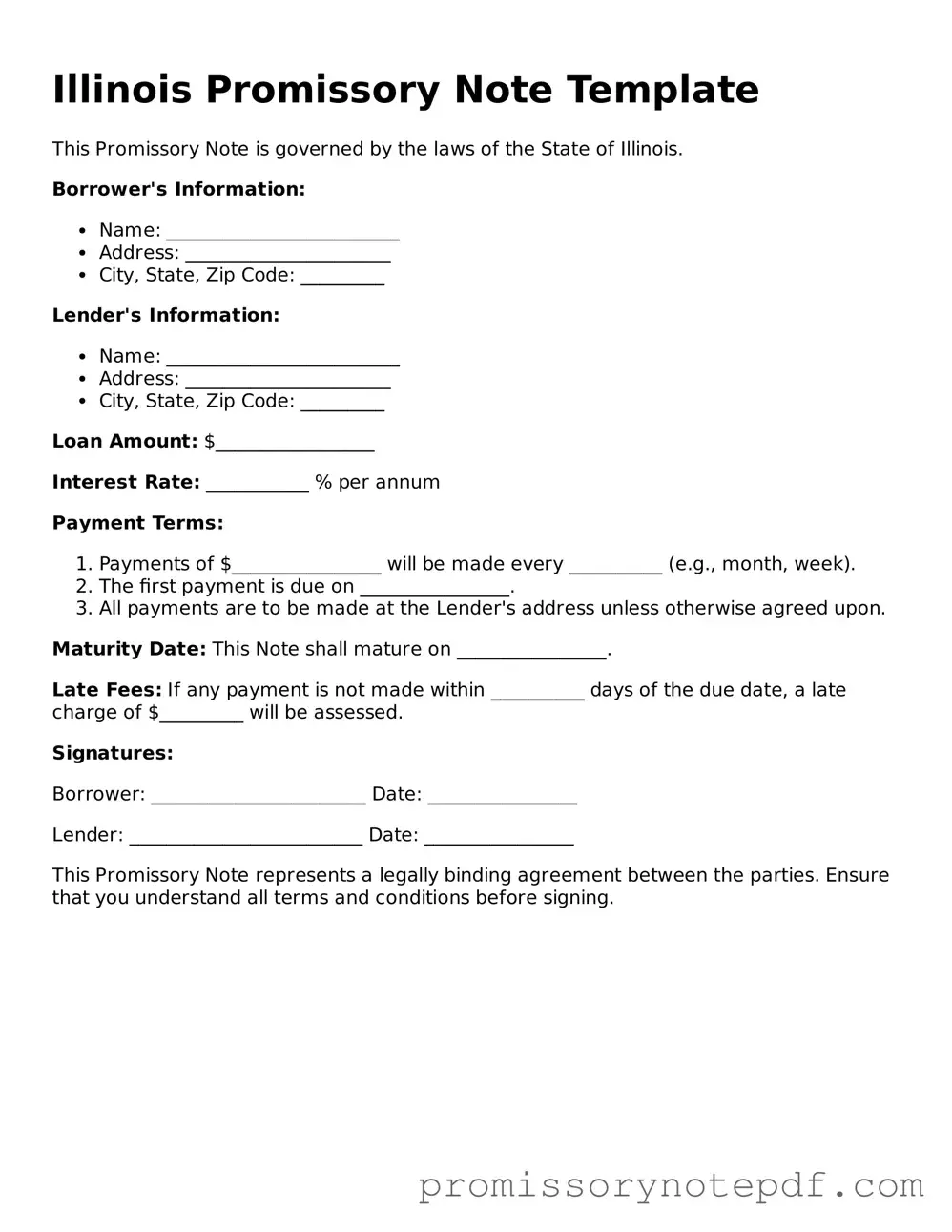Common mistakes
-
Not including the date: Failing to write the date at the top of the form can create confusion about when the agreement was made.
-
Incorrect borrower information: Providing inaccurate details about the borrower, such as name or address, can lead to issues in enforcing the note.
-
Omitting lender information: Just like the borrower, the lender's information must be complete and correct to ensure clarity in the agreement.
-
Leaving out the loan amount: The specific amount being borrowed must be clearly stated; otherwise, the terms become ambiguous.
-
Not specifying the interest rate: If applicable, failing to mention the interest rate can lead to misunderstandings about repayment obligations.
-
Ignoring repayment terms: Clearly outlining how and when payments will be made is essential. Vague terms can cause disputes later.
-
Not including a late payment clause: A clause detailing penalties for late payments can protect the lender's interests.
-
Forgetting to sign: Both parties must sign the document for it to be legally binding. A missing signature invalidates the agreement.
-
Neglecting to have witnesses or notarization: Depending on the situation, having the document witnessed or notarized can provide additional legal protection.
-
Using vague language: Clear and precise language is crucial. Ambiguous terms can lead to different interpretations of the agreement.
